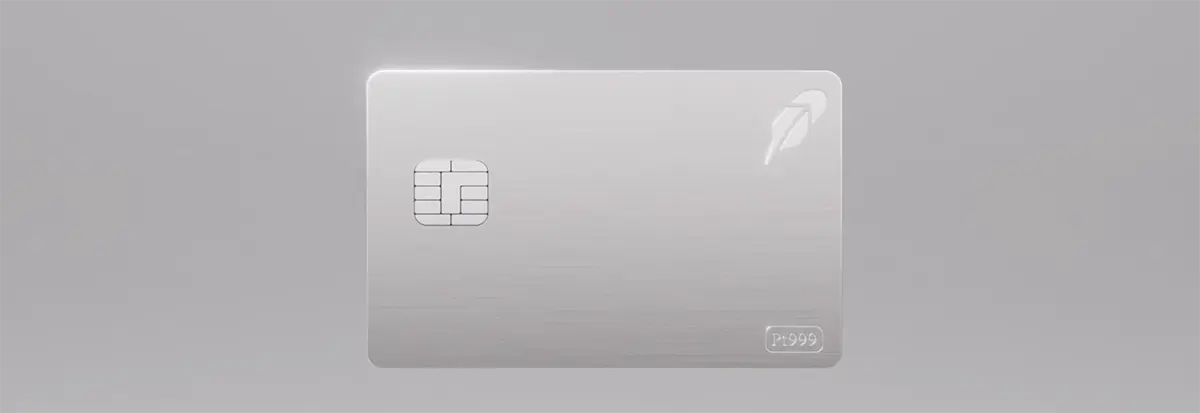
Kudos has partnered with CardRatings and Red Ventures for our coverage of credit card products. Kudos, CardRatings, and Red Ventures may receive a commission from card issuers. Kudos may receive commission from card issuers. Some of the card offers that appear on Kudos are from advertisers and may impact how and where card products appear on the site. Kudos tries to include as many card companies and offers as we are aware of, including offers from issuers that don't pay us, but we may not cover all card companies or all available card offers. You don't have to use our links, but we're grateful when you do!
Does Paying Off Your Mortgage Affect Your Credit Score?
July 1, 2025


Quick Answers
Paying off your mortgage closes a long-standing installment account, which can cause a temporary dip in your credit score by reducing your credit mix and the average age of your accounts.
Your history of consistent, on-time mortgage payments will remain on your credit report for up to ten years, continuing to positively reflect on your financial responsibility.
The significant financial benefit of eliminating debt and improving your debt-to-income ratio generally outweighs any minor, short-term impact on your credit score.
What Does It Mean to Pay Off a Mortgage?
Paying off your mortgage signifies the completion of your home loan obligation, marking the final payment to your lender. This pivotal financial event transfers the property's full legal title to you, making you the outright owner. Consequently, you are freed from the monthly principal and interest payments, fully realizing the equity in your home.
Interestingly, this financial achievement can have a nuanced effect on your credit score. Closing a long-standing installment loan like a mortgage can cause a temporary dip, as it alters your credit mix and the average age of your accounts. However, this change is typically minor and short-lived for those with an otherwise healthy credit profile.
How Paying Off Your Mortgage Could Affect Your Credit Score
Paying off your mortgage is a monumental financial achievement. While it frees up significant cash flow, it can paradoxically cause a temporary dip in your credit score. Here’s how that can happen.
- Loan Closure and Reporting: Once you make the final payment, your lender reports the mortgage as “paid in full” to the credit bureaus. The account is then officially closed, ending a long-standing credit relationship.
- Shift in Credit Mix: Credit scoring models favor a diverse mix of credit types, such as revolving credit (credit cards) and installment loans (mortgages, auto loans). Closing your mortgage can reduce this diversity, potentially causing a slight score decrease.
- Impact on Credit History Length: A mortgage is often a consumer's oldest account. While a closed account in good standing remains on your report for up to 10 years, its eventual removal can lower the average age of your credit history, a key scoring factor.
- The Final Outcome: The combination of a less diverse credit mix and the eventual shortening of your credit history's average age can lead to a minor, often temporary, drop in your credit score shortly after payoff.
How Much Will Paying Off Your Mortgage Affect Your Credit Score?
The effect of paying off your mortgage on your credit score can vary based on several factors. Here are a few key things to consider.
- Credit Mix: Your credit mix accounts for 10% of your FICO score. Paying off your mortgage removes a large installment loan, which could slightly lower your score by reducing the diversity of your credit types.
- Age of Credit History: A mortgage is often one of your oldest credit lines. Closing this account can reduce the average age of your credit history, which may have a small, negative impact on your score over time.
- Payment History: Your positive payment history from the mortgage will remain on your report. However, closing the account means you will no longer be making active, on-time payments, which can also influence your score.
How You Can Avoid Paying Off Your Mortgage Affecting Your Credit Score
Maintain Other Credit Accounts
To soften the impact of closing a long-standing account, keep other credit lines open. Maintaining active credit cards or other loans demonstrates a continued history of responsible borrowing, which positively influences your credit mix and the average age of your accounts, both key scoring factors.
Consider a New Line of Credit
If your mortgage is your only installment loan, consider opening a new line of credit before paying it off. A new credit card, used responsibly, can help diversify your credit mix and keep your credit utilization low, offsetting the closure of your largest account.
Monitor Your Credit Report
Regularly check your credit report after your final payment. A temporary dip is possible, but monitoring ensures the account is reported as "paid in full" and closed. This allows you to quickly dispute any errors that could unnecessarily harm your score during this transition period.
Choose the Right Card to Paying Off Your Mortgage
No matter your current financial standing, improving your credit score is always possible. By following proven methods and maintaining consistent, positive financial habits, you can see meaningful changes in just a few months.
- Monitor your credit reports. Regularly check your reports from all three major bureaus—Experian, TransUnion, and Equifax—to identify and dispute any inaccuracies.
- Establish automatic bill payments. Your payment history is the most significant factor in your score, so setting up automatic payments ensures you never miss a due date.
- Reduce your credit utilization ratio. Aim to keep your credit usage below 30% of your total available credit by paying down balances or requesting a limit increase.
- Become an authorized user. Being added to a credit card account belonging to someone with a strong payment history can help build your own positive credit record.
- Diversify your credit mix. Lenders like to see that you can responsibly handle different types of credit, such as revolving credit from cards and installment loans like auto or personal loans.
- Limit hard inquiries. Space out your credit applications and use prequalification tools whenever possible to check your approval odds without impacting your score.
The Bottom Line
Paying off your mortgage can impact your credit score, sometimes causing a temporary dip. This is because it closes a major installment loan, affecting your credit mix and account history.
Frequently Asked Questions
Will paying off my mortgage hurt my credit score?
It can cause a temporary dip. Closing a long-standing account can reduce your credit mix and average account age, but the impact is typically minor and short-lived.
How long does a paid-off mortgage stay on my credit report?
A closed mortgage account in good standing can remain on your credit report for up to 10 years, continuing to reflect your positive payment history.
Should I keep my mortgage open just to boost my credit score?
Generally, no. The amount you pay in interest typically outweighs any minor, temporary benefits to your credit score. Becoming debt-free is usually the better financial move.
Unlock your extra benefits when you become a Kudos member

Turn your online shopping into even more rewards

Join over 400,000 members simplifying their finances

Editorial Disclosure: Opinions expressed here are those of Kudos alone, not those of any bank, credit card issuer, hotel, airline, or other entity. This content has not been reviewed, approved or otherwise endorsed by any of the entities included within the post.



































.webp)







